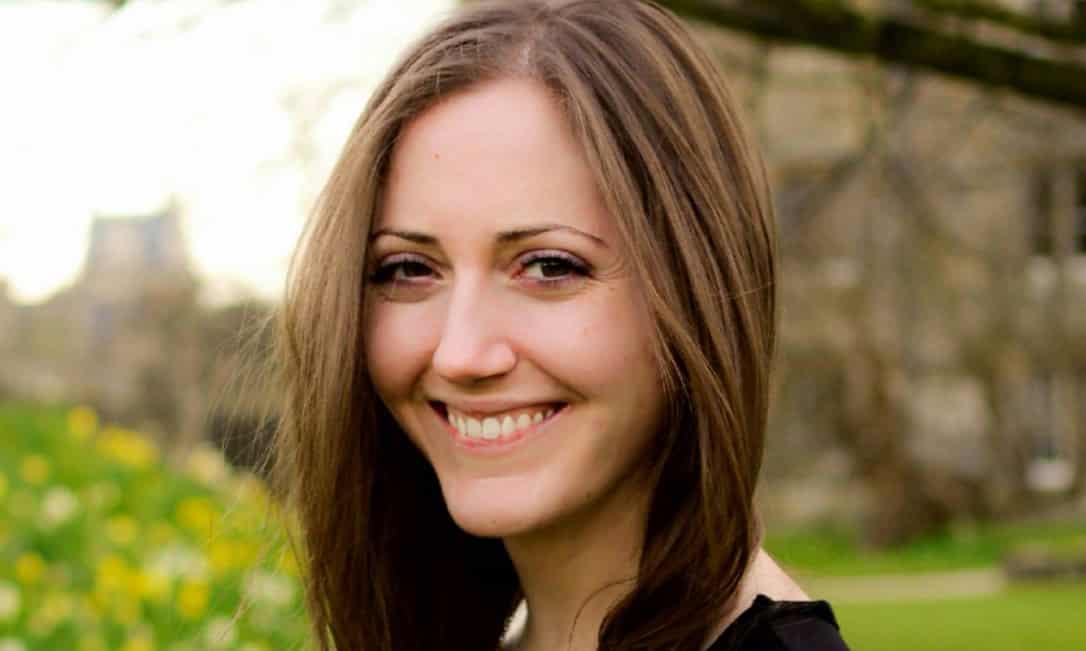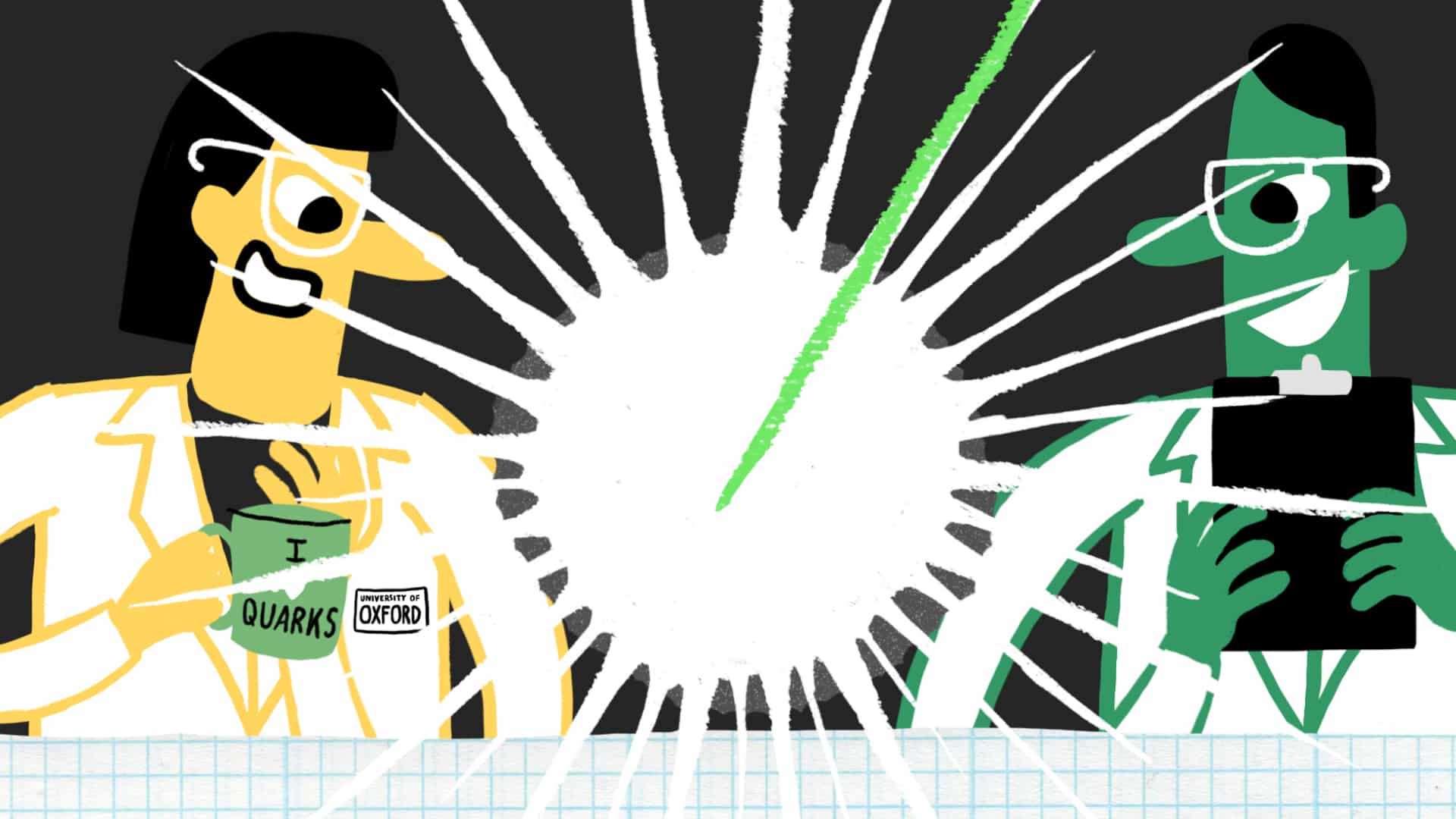Jena Meinecke
Physicist
I am a laboratory astrophysicist who uses high-powered lasers to create scaled astrophysical objects such as supernovas to unravel the mysteries behind the origin of magnetic fields in our universe. However, if you asked me ten years ago, I would have never guessed that I would be a physicist! I have been an artist all my life and fully intended to pursue art school until the harsh realities of life kicked in.
Getting into physics…
By pure chance, I ended up in a physics class in college. Little did I know, at the time, that physics would soon become one of the greatest passions in my life. Introductory physics was the only class I received a “B” in, so this prompted the challenge. I entered into physics as a challenge to myself, but I stayed in physics because it provided me with a beautiful way to look at the world.
Becoming an experimentalist …
While at UCLA, I spent my summers at the Lawrence Livermore National Laboratory (LLNL) working on experiments. LLNL is absolutely fantastic for students—I had access to lab space and laser time to develop my experimental skills. I truly owe LLNL credit for the scientist I am today. After UCLA, I just followed the path of least resistance and ended up at Oxford for graduate school.
After listening to the advice of my mentors and peers, I chose to work for Gianluca Gregori at the University of Oxford in the field of laboratory astrophysics. I had never worked in astrophysics before—I didn’t know the first thing about a supernova! I quickly caught up and began creating my own astrophysical objects in the laboratory. It’s incredibly fulfilling to look up at the night sky and know that you can create similar objects in miniature in the laboratory.
Being on experiment is what I enjoy most! You get a bit of an adrenaline rush when running around the lab, arming diagnostics, sweeping target areas, and quickly analysing data between shots. I have had to make split second decisions which could (and have) influenced the data and therefore future of our research. When the laser fires—that’s the moment of truth. Thoughts start running through your head: “Did I set the diagnostic timing correctly? Are the beam blocks removed? Is this shot going to work?” It’s an emotional roller coaster sometimes.
Jena today…
Now, I am a Junior Research Fellow at Christ Church College at the University of Oxford who was named by the American Physical Society as the Woman Physicist of the Month (October) and shortlisted for both the Women of the Future: Science Award and IOP Very Early Career Woman Physicist of the Year Award. I feel incredibly fortunate to work alongside some of the most brilliant physicists in the world who challenge me every day and push me to question the world around me.
Giving back to the science community…
When you love your work, you’re able to excel and give back to those around you. I’m a scientist because I believe it’s important to contribute to human knowledge and always question my place in the universe. I particularly think it’s important to encourage women and minorities to pursue careers in physics because they bring a unique perspective to the table.
In 2013, I created the Oxford Women in Physics society aimed at promoting women in physics while cultivating a welcoming environment in the department. I subsequently launched the Women in Physics mentoring programme to provide one-to-one mentoring to focus on individual needs. Furthermore, our society ran the UK’s first Conference for Undergraduate Women in Physics (CUWiP UK) in March 2015, which hosted 100 undergraduate women for 3 days of guest speakers, skills workshops, national laboratory tours, and panel discussions.
It’s really important to create a strong support network for women in physics because the culture can be discouraging and intimidating otherwise. The society has been fantastically successful! Due to the combined effort of the women on the committee, we host monthly tea sessions with guest speakers who can serve as role models, termly dinners to encourage friendships, and much more. I truly believe that every person—male or female—should have the opportunity to become the best version of themselves. I will continue doing my part to encourage the next generation of scientists.



